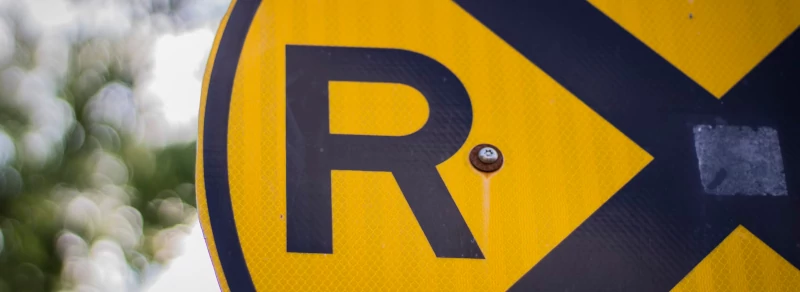Changes to R in August 2023¶
The ITSR support team have some changes to R and RStudio on Apocrita in August 2023. Some action will be required by users, so please read the below carefully.
1. Switch to GCC 12.1.0¶
Going forward, the default R module (currently 4.2.2) will be built using GCC 12.1.0, and the GCC 12.1.0 module will be loaded alongside it during use.
If you have created existing libraries using the previous default R module, they will likely have been built using GCC 10.2.0. If you experience errors with any existing libraries, there are two options:
1) Clear your existing library (as detailed in my previous blog post) and then re-create it with the new default R 4.2.2 module, which will recompile packages using GCC 12.1.0.
2) If you want to continue to use your previous libraries, there is now also a
new backwards-compatible module called R/4.2.2-gcc10 which will load a version
of R 4.2.2 built with GCC 10.2.0, and also loads the GCC 10.2.0 module alongside
it.
We strongly advise moving to GCC 12.1.0 where possible, as a lot of R packages are now built with this version in mind.
RStudio 2022
For RStudio 2022, please select the 2022.12.0-353 & R 4.2.2 (Centos7)
RStudio and R version from the drop-down menu, as well as selecting GCC
12.1.0 as your GCC version. GCC 10.2.0 is also selectable for use in RStudio
2022, but, as above, we recommend that users use GCC 12.1.0 wherever
possible.
2. Makevars¶
As detailed in our documentation,
some packages require a personal Makevars file to install correctly. Going
forward, we are going to provide a centralised Makevars file, which will be
common to both the R module and RStudio 2022.
Once the centralised Makevars file is rolled out for all users, then creating a
personal Makevars should no longer be necessary, but if you do need one, you
can find more information about this in our
documentation.
3. CRAN mirrors¶
We have recently been experiencing quite a few errors regarding SSL when using
the two UK CRAN mirrors listed at
https://cran.r-project.org/mirrors.html.
In our testing, we have found that the 0-Cloud mirror hosted at
https://cloud.r-project.org/ has been far more
reliable.
Going forward, we are going to set https://cloud.r-project.org/ to be the default CRAN mirror for all users. This reliability enhancement will apply automatically with no action required on your part.
You can manually set a mirror yourself using the following command in your R shell:
options(repos="https://cloud.r-project.org/")
If you have any questions regarding these changes, please contact us on our Slack channel (QMUL users only), or by sending an email to its-research-support@qmul.ac.uk which is handled directly by staff with relevant expertise.
Title image: Cris DiNoto on unsplash

